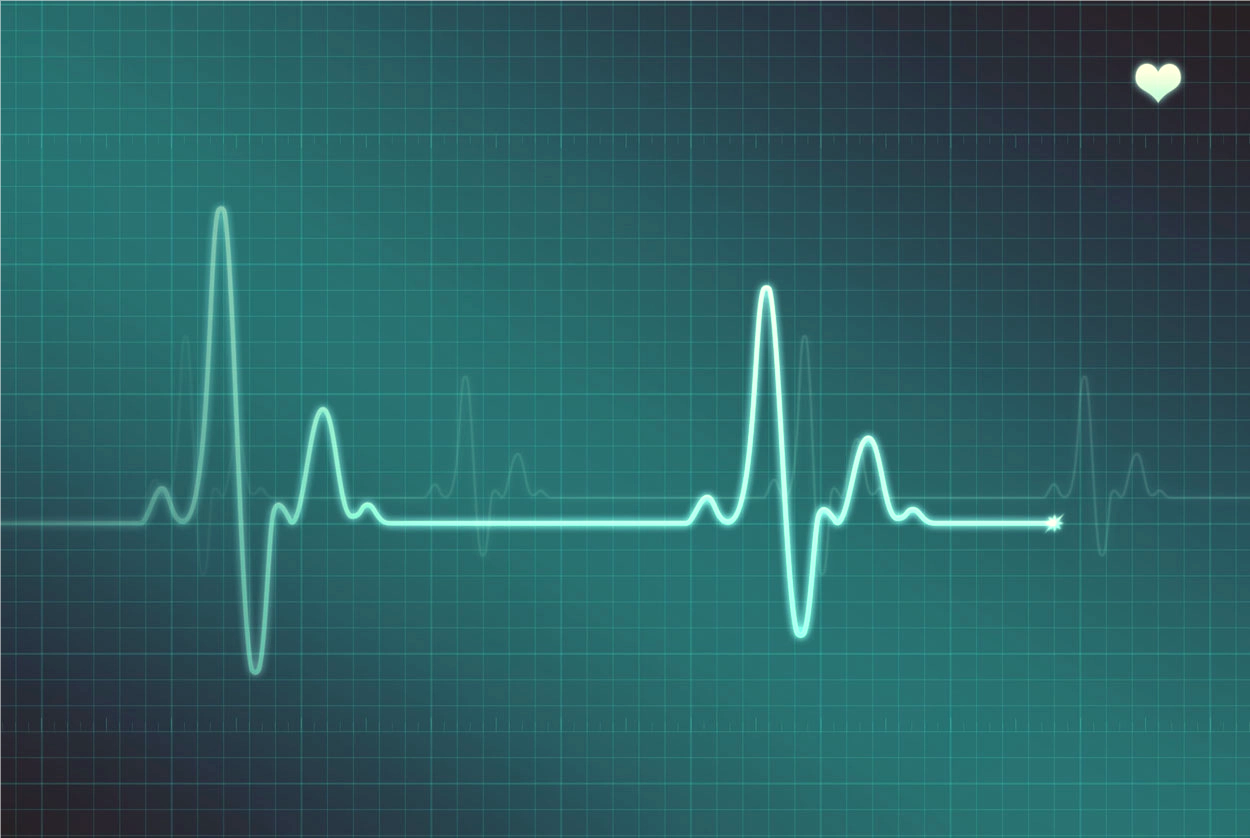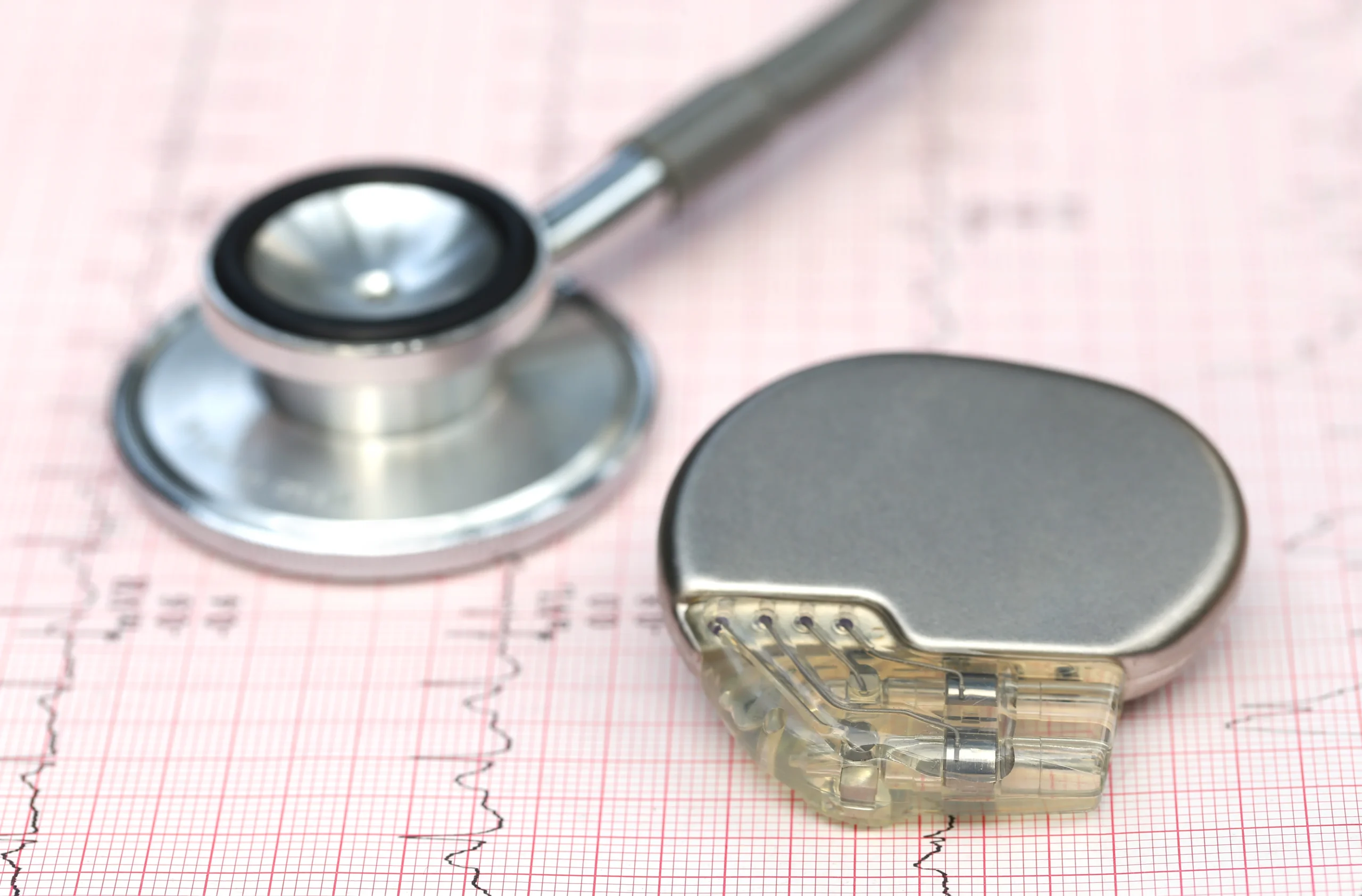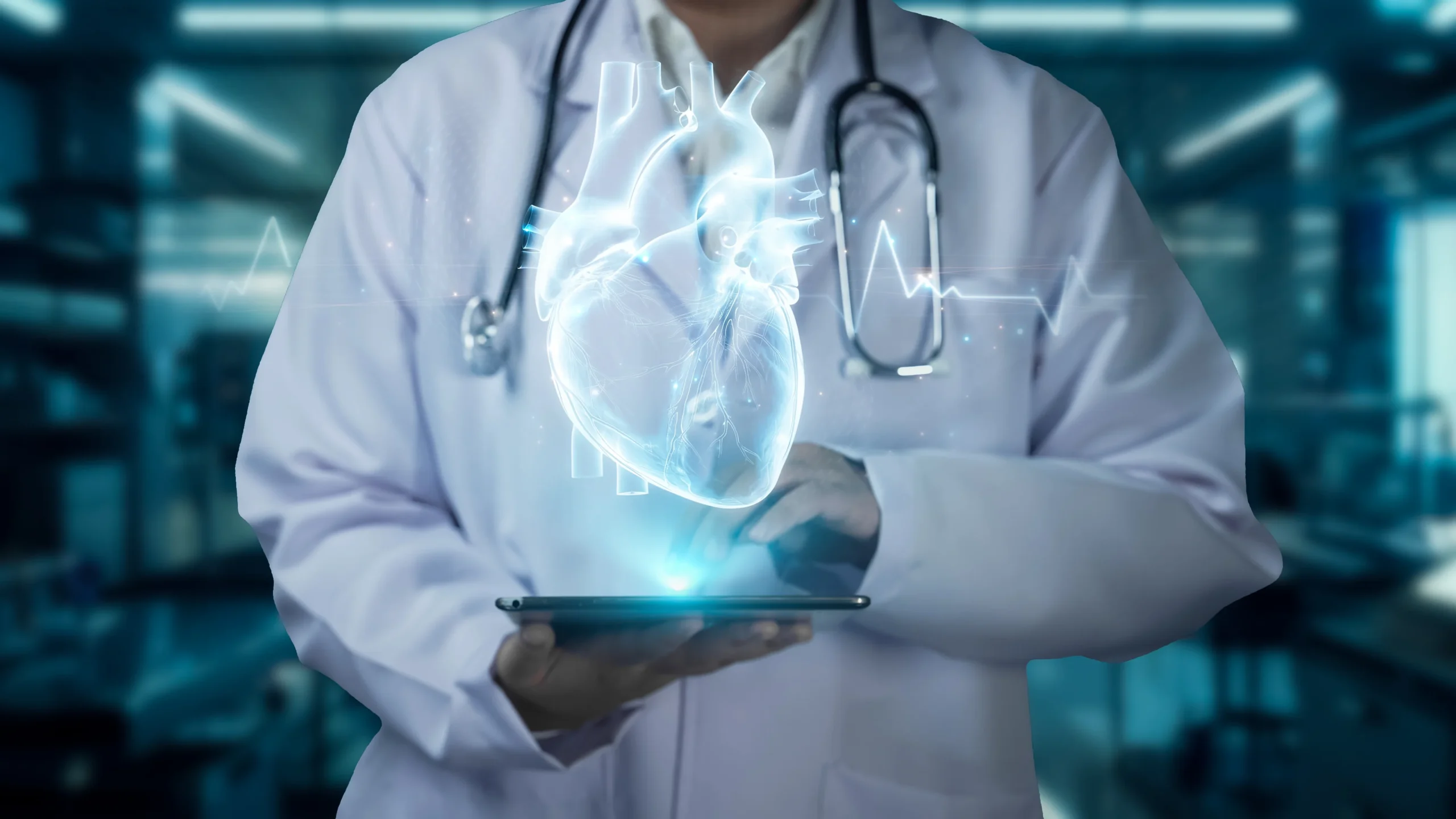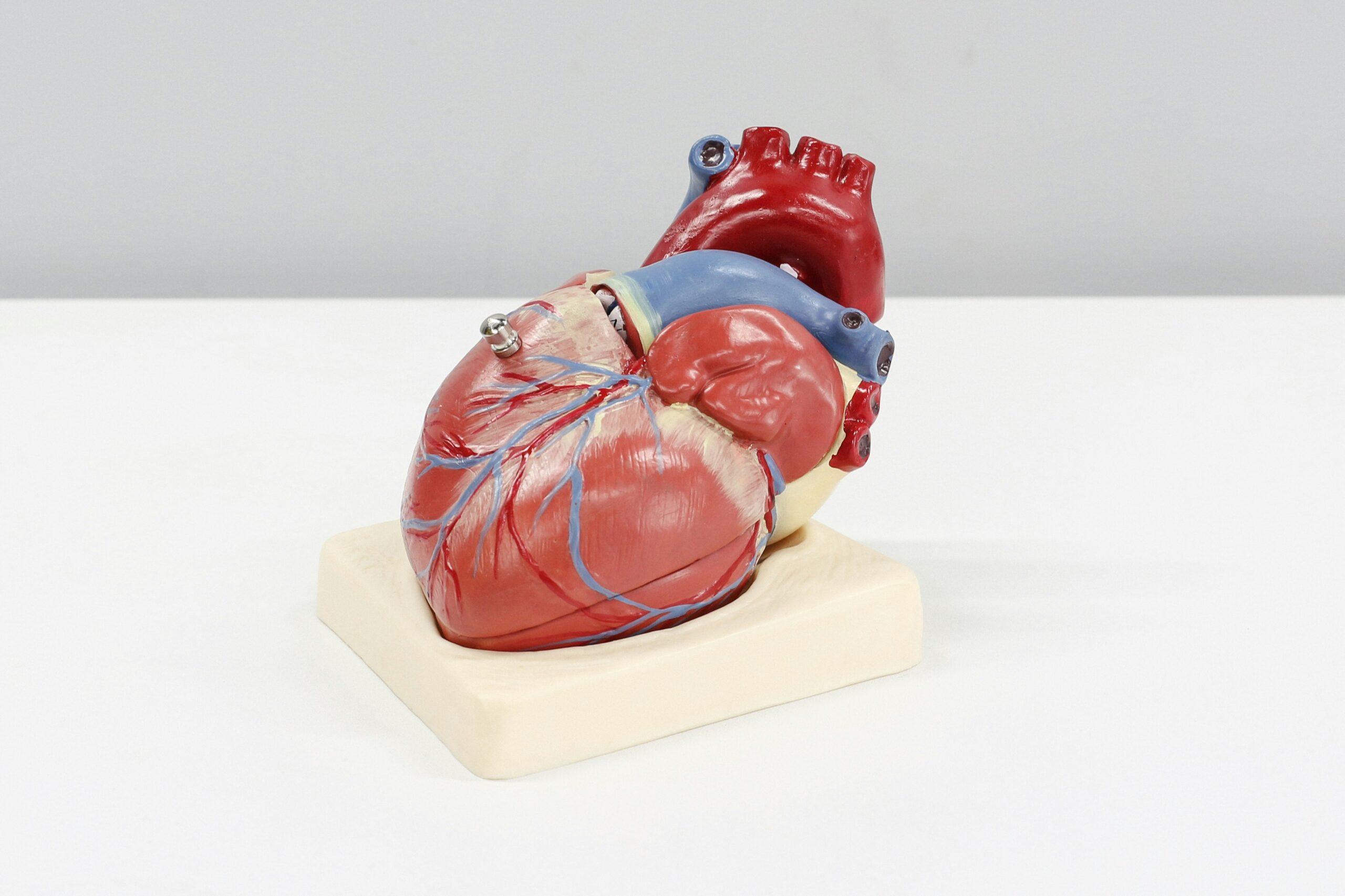Are unusual or unfamiliar heartbeats dangerous? Here are some answers…
Table of Contents
You probably know the feeling – a sudden flutter in the chest, a skipped beat, a sense that your heart has just done something… slightly different.
Irregular heartbeats affect people in different ways. But what causes them, and could they be a sign of a bigger problem?
With World Pulse Day coming up on 1st March, this is a good time to think through the issues. Here’s a brief guide to irregular heartbeats.
What is an irregular heartbeat?
An irregular heartbeat is when the heart pumps in an unusual way. Your heart rate might be slower than usual – this is known as bradycardia. Or it might be faster than expected (tachycardia). Or your heart might beat in an erratic way. A resting heart normally pumps with a steady, regular rhythm at 60 to 100 beats per minute (though it can vary from person to person).
What does an irregular heartbeat feel like?
It depends. You could get a fluttering feeling in your chest (palpitation). Or a feeling that your heart is racing or pounding more than usual or that it’s missing a beat. But irregular heartbeats don’t necessarily cause any symptoms at all. It’s possible to have an irregular heartbeat without really being aware of it.
What causes irregular heartbeats?
Ultimately, it’s a change in the heart’s electrical activity. Our heartbeats are controlled by electrical signals from the brain. Typically, these signals travel smoothly through the heart. But if they get disrupted, they can alter the heart’s rhythm. Certain everyday situations can trigger the disruption or make it more noticeable – things like drinking too much caffeine or alcohol, smoking, catching a virus, or taking certain medicines. However, the disruption could also be a sign of a more serious underlying condition.
Are irregular heartbeats always dangerous?
No. Most irregular heartbeats are harmless and don’t require treatment. From time to time, we all experience extra heartbeats (ectopic beats), fluttering sensations, or that feeling that our heart has skipped a beat. Sometimes, there’s an obvious trigger for this kind of disruption (one too many coffees, perhaps). Sometimes, it just happens for no apparent reason.
When should you be concerned about an irregular heartbeat?
While most arrhythmias are harmless, some can cause real problems. Atrial fibrillation, for example, is a condition that causes the upper chambers to contract abnormally. This type of electrical disruption is very different from the everyday extra beats that briefly trigger an irregular pulse. Because AFib makes the heart pump less efficiently, it can raise the risk of stroke or other health complications. The most serious types of arrhythmias can be life-threatening. Others are less serious but need to be carefully monitored or managed.
How would you know if you have an irregular heartbeat problem?
The problem with irregular heartbeats is that they aren’t always very noticeable. Most people with AFib, for instance, don’t realise they have it. You can do a simple at-home check for an arrhythmia by taking your pulse. ECG smartwatches for heart patients are also becoming very good at picking up signs of arrhythmia. But if you’re concerned you may have a heart rhythm problem, it’s a good idea to see a doctor and get a proper heart test.
And what if you do get symptoms?
Sometimes, irregular heartbeats do cause very noticeable symptoms. As well as palpitations, these symptoms can include things like lightheadedness, dizziness and breathlessness. If you keep getting palpitations, or if they last for longer than a few seconds, it’s a good idea to see a doctor. If you get palpitations alongside other new or unusual symptoms – especially if you have a known heart condition or are experiencing chest pain – you should seek immediate medical help.
The bottom line? Irregular heartbeats are very common. But while most aren’t a cause for alarm, it’s good to be aware of the issues and vigilant about your heart’s health. If you’re worried about your heart or any symptoms you’re experiencing, please do get in touch with us here at Heart Rhythm Cardiologist. It’s simple for us to check your heart rhythm and make sure everything’s OK. Whatever your situation, we’re here to help.
World Pulse Day (Global Arrhythmia Awareness Day) is on 1 March 2025
Interested in finding out more about irregular heartbeats and common arrhythmias? You may find these articles helpful…
What are the main types of arrhythmias?






